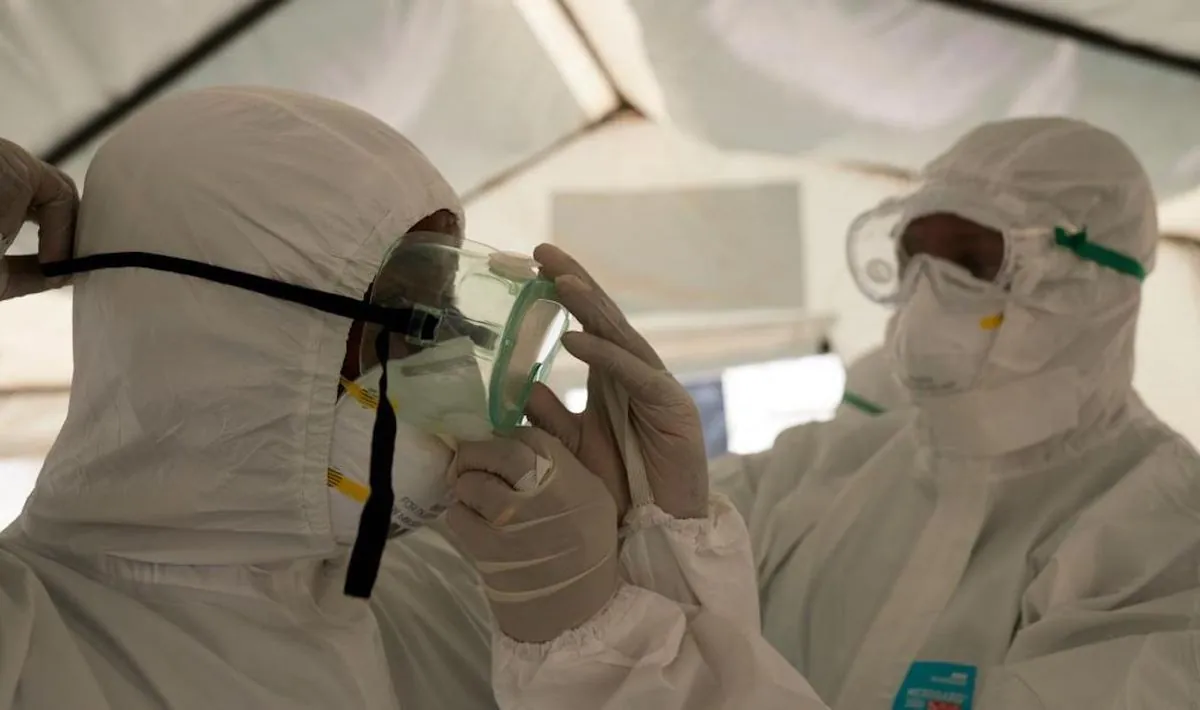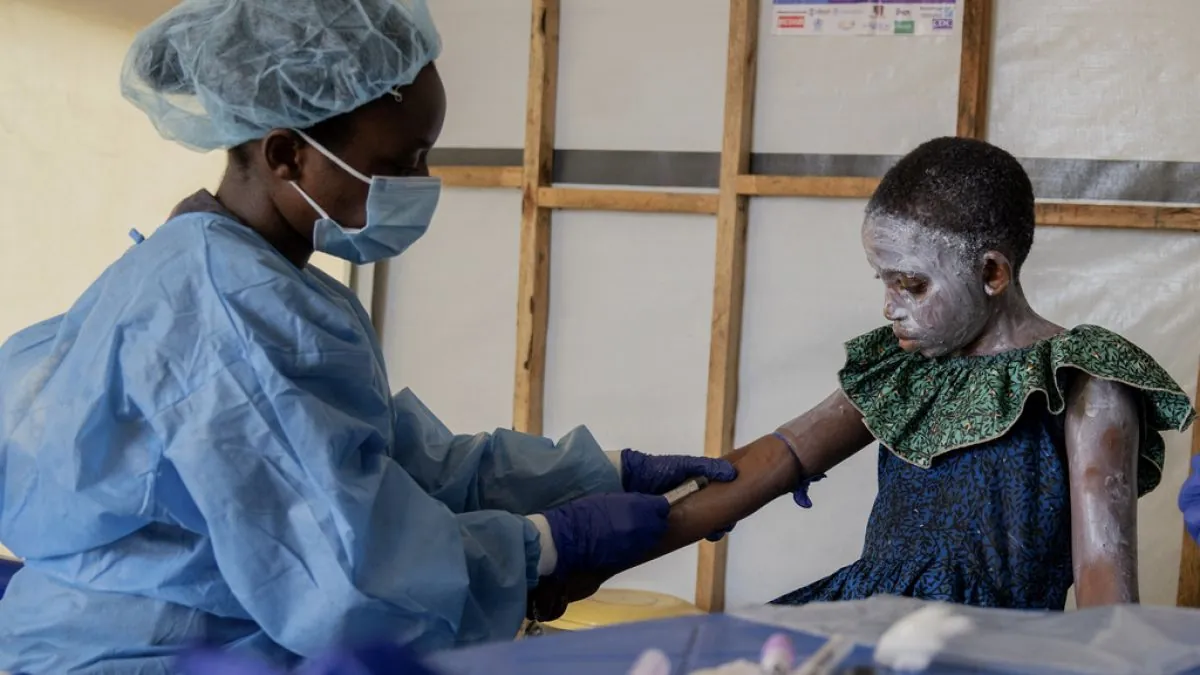WHO Unveils $135M Plan to Combat Mpox Outbreaks in Africa
The World Health Organization launches a six-month strategy to curb mpox transmission, focusing on African nations. Germany contributes 100,000 vaccine doses as Congo reports over 1,000 new cases in a week.

The World Health Organization (WHO) has initiated a comprehensive six-month strategy to address the ongoing mpox outbreaks, with a particular focus on African nations. This plan, set to run from September 2024 through February 2025, requires $135 million in funding to enhance surveillance, prevention, and response measures.
Tedros Adhanom Ghebreyesus, WHO Director-General, expressed confidence in the plan's potential to control and halt mpox outbreaks in the Democratic Republic of the Congo and neighboring countries. The organization is significantly increasing its staff presence in affected regions to support these efforts.

In a show of international support, Germany has pledged to donate 100,000 doses of mpox vaccine from its military stockpiles to affected countries. This contribution comes at a critical time, as the Democratic Republic of Congo reported over 1,000 new mpox cases in a single week in mid-August 2024.
The African Centers for Disease Control provided an update on August 22, 2024, revealing that 12 African countries have reported more than 21,300 suspected or confirmed cases and 590 deaths since the beginning of the year.
Mpox, first discovered in 1958, belongs to the same virus family as smallpox but typically presents milder symptoms. These may include fever, chills, body aches, and in more severe cases, lesions on the face, hands, chest, and genitals. The disease primarily spreads through close skin-to-skin contact, including sexual intercourse.
"Mpox can also spread through respiratory secretions and contaminated objects, although it does not spread as easily between people as some other viruses."
It's important to note that mpox has been endemic in parts of Africa, particularly in rainforest regions, for decades. The first human case was recorded in 1970 in the Democratic Republic of Congo. The recent global outbreak in 2022-2023 marked the first time the disease spread widely outside Africa.
The incubation period for mpox typically ranges from 6 to 13 days but can extend up to 21 days. Symptoms usually last 2 to 4 weeks. Historically, the fatality rate has varied from 0% to 11% in the general population.
While the smallpox vaccine has shown to be about 85% effective in preventing mpox, access to vaccines remains a challenge in many African countries. The WHO's new plan aims to address this disparity and improve fair access to preventive measures and treatments.
As efforts to combat mpox continue, it's crucial to remember that the disease can affect a wide range of mammalian species, not just humans and monkeys. This zoonotic nature of the virus underscores the importance of a comprehensive approach to disease control and prevention.


































